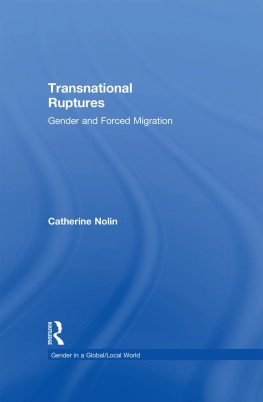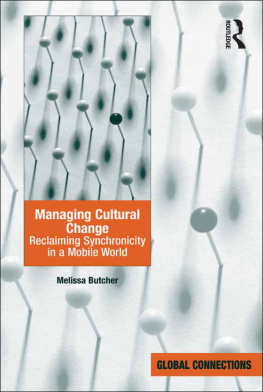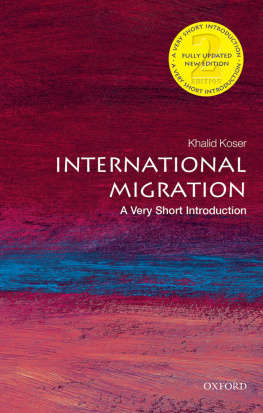Danau Tanu - Growing Up in Transit: The Politics of Belonging at an International School
Here you can read online Danau Tanu - Growing Up in Transit: The Politics of Belonging at an International School full text of the book (entire story) in english for free. Download pdf and epub, get meaning, cover and reviews about this ebook. year: 2020, publisher: Berghahn Books, genre: Politics. Description of the work, (preface) as well as reviews are available. Best literature library LitArk.com created for fans of good reading and offers a wide selection of genres:
Romance novel
Science fiction
Adventure
Detective
Science
History
Home and family
Prose
Art
Politics
Computer
Non-fiction
Religion
Business
Children
Humor
Choose a favorite category and find really read worthwhile books. Enjoy immersion in the world of imagination, feel the emotions of the characters or learn something new for yourself, make an fascinating discovery.

- Book:Growing Up in Transit: The Politics of Belonging at an International School
- Author:
- Publisher:Berghahn Books
- Genre:
- Year:2020
- Rating:4 / 5
- Favourites:Add to favourites
- Your mark:
Growing Up in Transit: The Politics of Belonging at an International School: summary, description and annotation
We offer to read an annotation, description, summary or preface (depends on what the author of the book "Growing Up in Transit: The Politics of Belonging at an International School" wrote himself). If you haven't found the necessary information about the book — write in the comments, we will try to find it.
[R]ecommended to anyone interested in multiculturalism and migration....[and] food for thought also for scholars studying migration in less privileged contexts.Social Anthropology
In this compelling study of the children of serial migrants, Danau Tanu argues that the international schools they attend promote an ideology of being international that is Eurocentric. Despite the cosmopolitan rhetoric, hierarchies of race, culture and class shape popularity, friendships, and romance on campus.
By going back to high school for a year, Tanu befriended transnational youth, often called Third Culture Kids, to present their struggles with identity, belonging and internalized racism in their own words. The result is the first engaging, anthropological critique of the way Western-style cosmopolitanism is institutionalized as cultural capital to reproduce global socio-cultural inequalities.
From the introduction:
When I first went back to high school at thirty-something, I wanted to write a book about people who live in multiple countries as children and grow up into adults addicted to migrating. I wanted to write about people like Anne-Sophie Bolon who are popularly referred to as Third Culture Kids or global nomads. ... I wanted to probe the contradiction between the celebrated image of global citizens and the economic privilege that makes their mobile lifestyle possible. From a personal angle, I was interested in exploring the voices among this population that had yet to be heard (particularly the voices of those of Asian descent) by documenting the persistence of culture, race, and language in defining social relations even among self-proclaimed cosmopolitan youth.
Danau Tanu: author's other books
Who wrote Growing Up in Transit: The Politics of Belonging at an International School? Find out the surname, the name of the author of the book and a list of all author's works by series.











